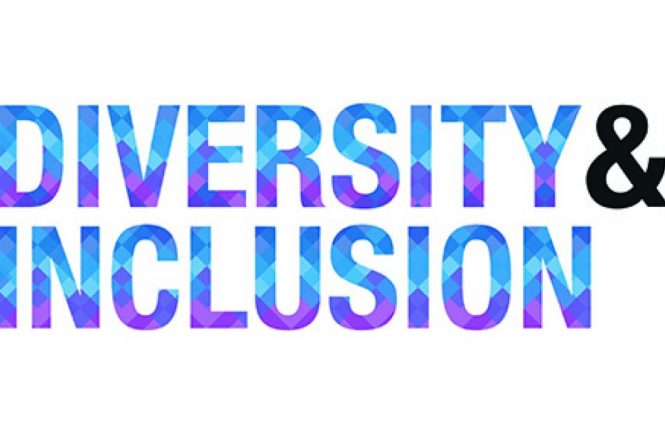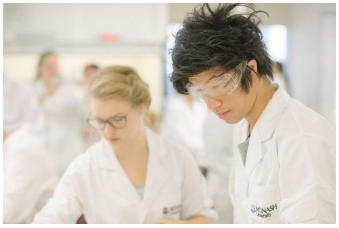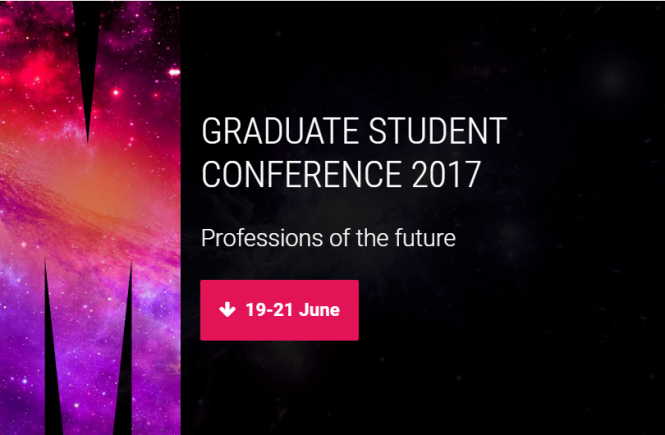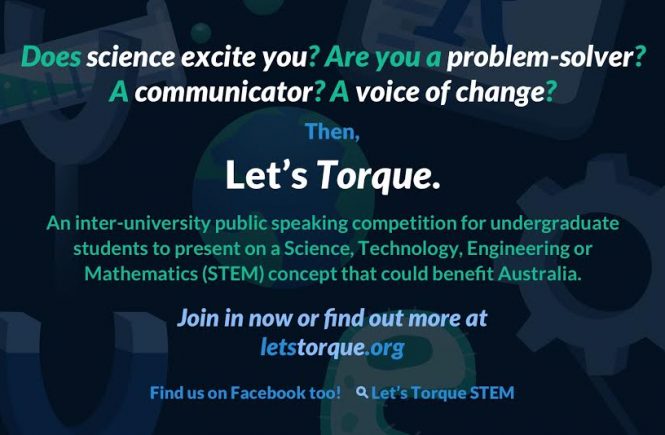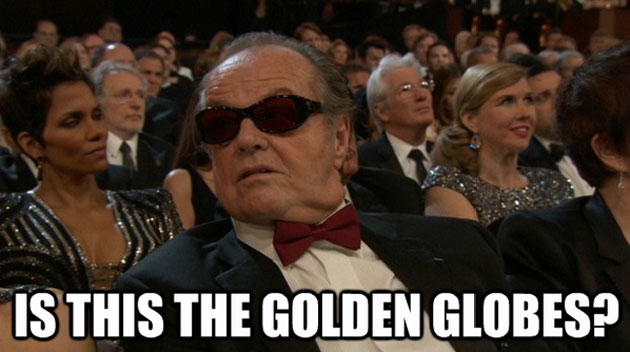Develop your skills as an emerging sustainability leader and change agent with Green Steps. The Green Steps program is an award-winning sustainability leadership initiative run by Monash Sustainable Development Institute. Open to students across all faculties and disciplines, the program includes:
- Five days of sustainability leadership training
- A consultancy project
- Access to a global network of over 1,300 sustainability leaders


